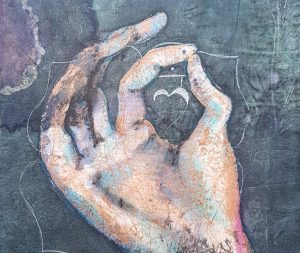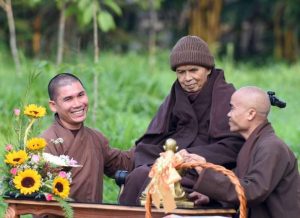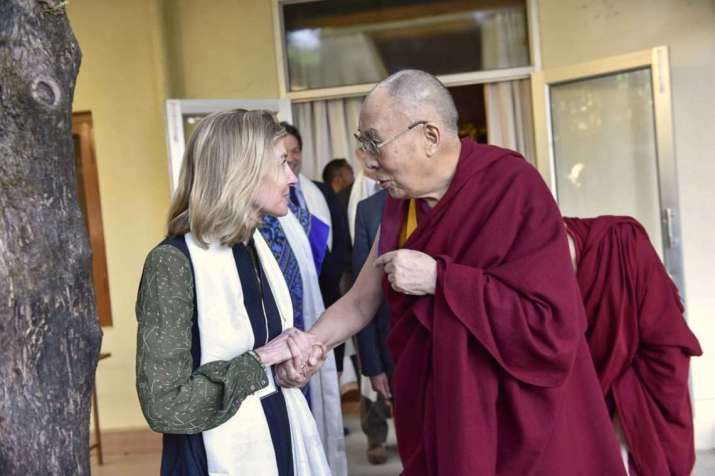
Hosting a gathering of 28 youth leaders from 14 countries plagued with conflict and war, His Holiness the Dalai Lama on Wednesday counseled the young visitors to his official residence in Dharamsala, northern India, with one of the fundamental understandings of the Buddhist teachings—that even when based on justified reasons or with sincere motivations, actions founded in or motivated by anger only exacerbate and continue the cycle of violence and conflict.
His Holiness observed that the overriding and growing interdependency between nations and communities as a result of an increasingly globalized economy and digitally connected societies, coupled with the global impact of climate change, renders striving to recognize and act upon the oneness of humanity a global imperative.
The assembly of youth leaders hailing from Afghanistan, the Central African Republic, Columbia, India, Iraq, Libya, Myanmar, Nigeria, Somalia, South Sudan, Syria, Tunisia, the United States, and Venezuela were present as part of an exchange initiative organized by the United States Institute of Peace (USIP).
The dialogue is aimed at helping the young leaders to develop practical skills and build personal resilience in dealing with and working to overcome the violence and conflict in their communities, the USIP said. The 28 participants in the dialogue with His Holiness shared stories of personal tragedy and of efforts toward peace-building and conflict resolution in their homelands.
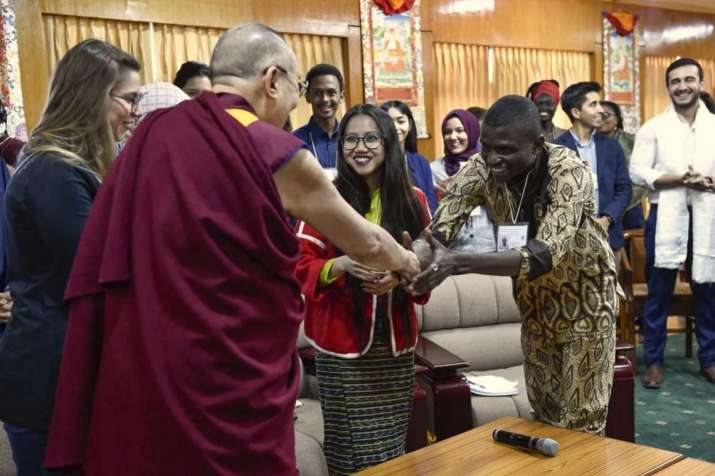
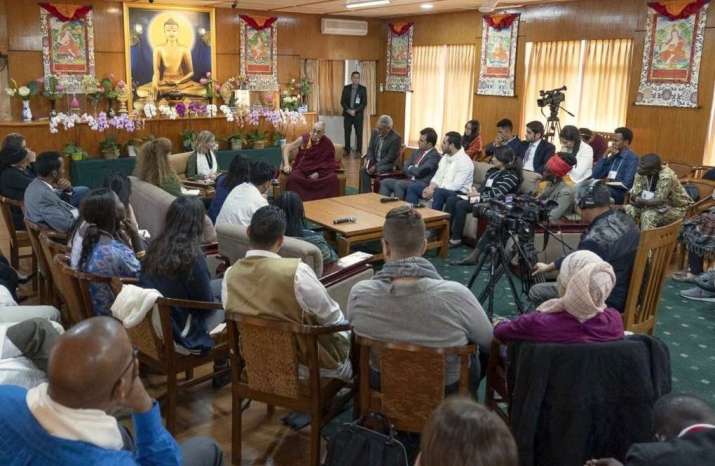
Kangi, a young man from the Central African Republic, related how witnessing the deaths of his younger brother, grandfather, and uncle in the ongoing civil war between government forces and rebel militias from the Séléka alliance and the Anti-balaka coalition had left him with an overwhelming desire for revenge.
Fellow participant Sarra, a young woman from Syria, expressed to the Dalai Lama her fear that the trauma she experienced from losing her family home to war would make her lose the ability to empathize with other victims of violence and the pain they have experienced.
The Nobel Peace Prize laureate observed that he was able to relate to the experiences of as he had lost his own freedom and country at a young age and had spent the majority of his life as a refugee living in exile in India.
“Your tragedies should not let you turn pessimistic, but rather it should translate into more determination and enthusiasm to work for peace,” His Holiness explained in his response to the tragic stories, adding that the only hope for erasing hatred and building more peaceful societies lay in propagating a holistic model of education that teaches modern science-based learning in combination with the knowledge, wisdom, and practices of Buddhism and other ancient spiritual traditions that can effectively address and nurture emotional and spiritual well-being.
“If I have miracle powers then I can do something,” the Tibetan Buddhist leader jested. “Without that, just pray!”
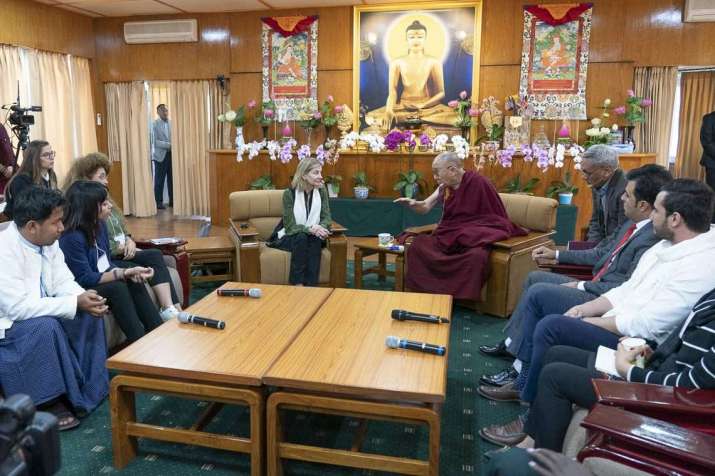
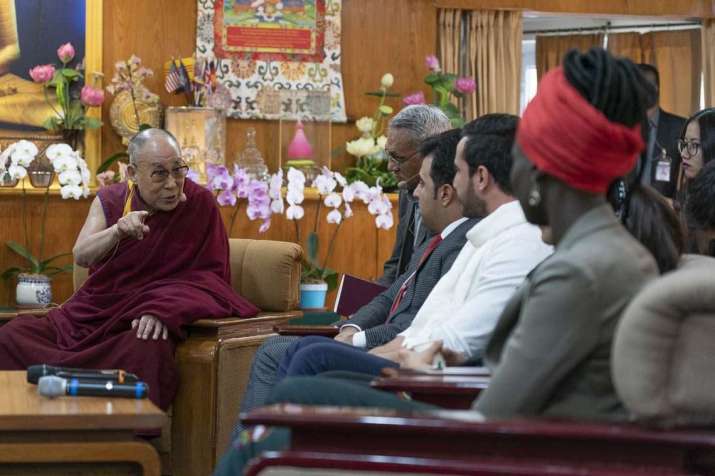
Established in 1984 during the presidency of Ronald Reagan, the USIP is a US federal institution, funded by Congress, dedicated to promoting global conflict resolution and prevention. The Washington, DC-based institution operates field offices and temporary missions in conflict zones in some 17 countries, and provides research, analysis, and training in diplomacy, mediation, and other peace-building measures. The exchange initiative for young leaders was launched by the USIP in 2016 and has since brought three groups of youth people to Dharamsala to meet the Dalai Lama.
See more
Even anger with sincere motivation will breed counter violence: Dalai Lama to youth leaders from conflict zones (Phayul.com)
His Holiness the 14th Dalai Lama of Tibet
United States Institute of Peace








